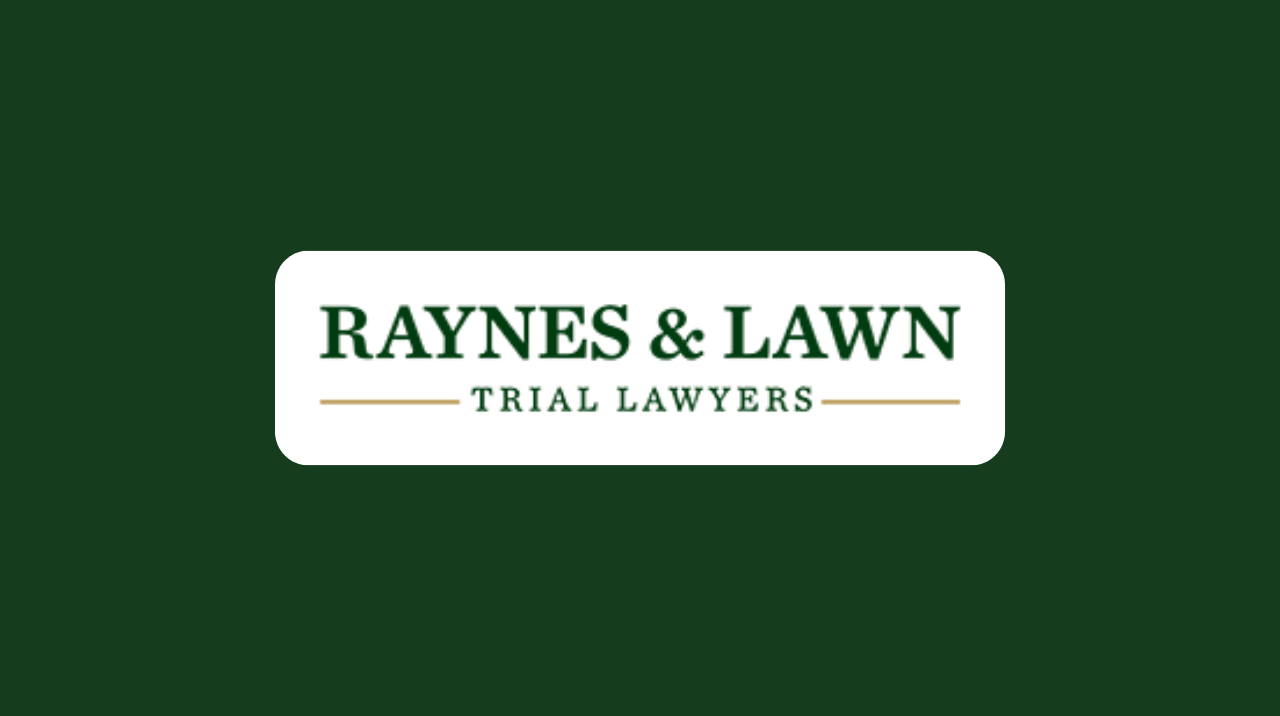
How Are Medical Bills Paid After a Car Accident?
After you have been injured in a car accident in Pennsylvania, you might worry about how you will pay your medical bills. Even if you have medical insurance, copayments, and deductibles can quickly accumulate if you have been seriously injured and need ongoing treatment. Medical bills from unexpected accidents can be significant and can result […]




